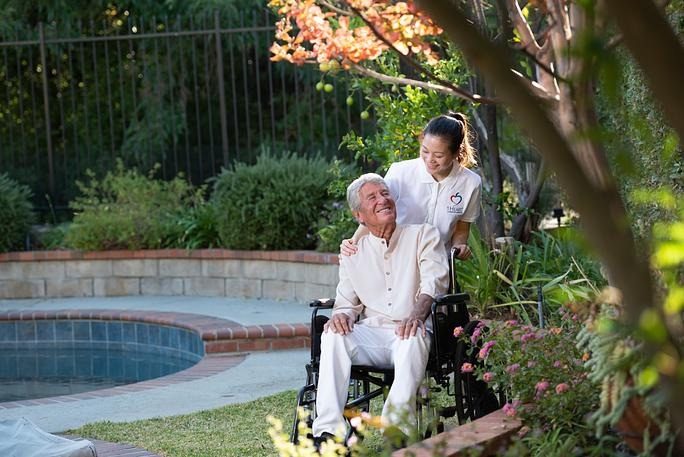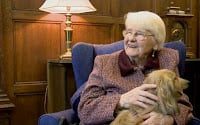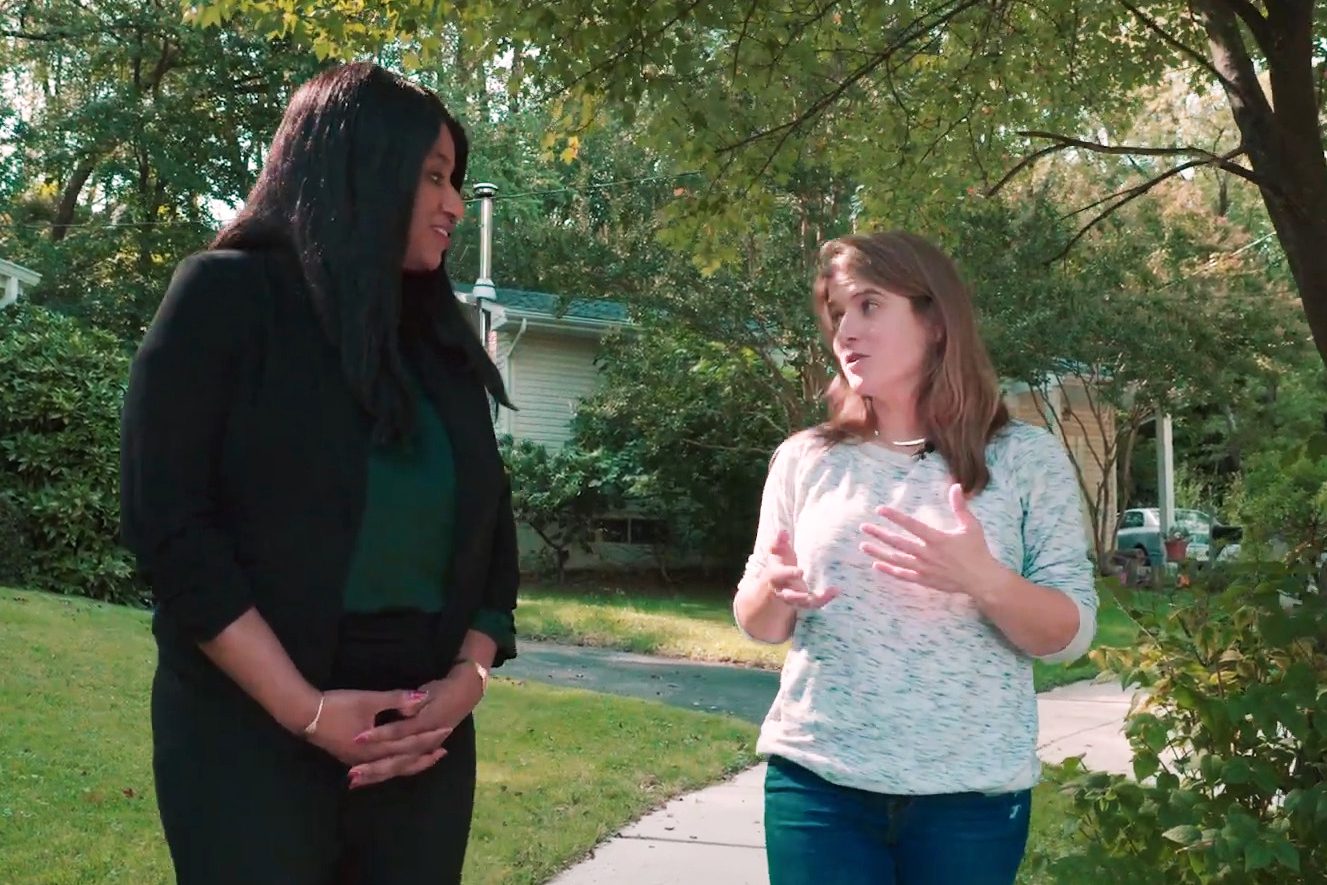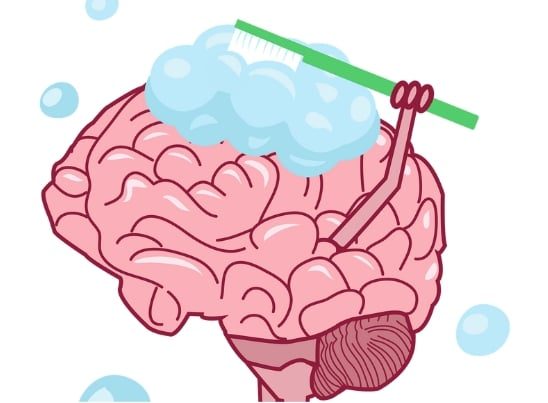
Best Practices for Caregivers: Meeting the Unique Needs of People with Dementia
Guest article by Aaron Smith
What is Dementia?
In simple terms, dementia is a loss of memory that may further lead to cognitive difficulties including thinking, using language, and logical reasoning. These challenges may be severe enough for a person not to perform activities of daily living (ADLs). Alzheimer’s disease stands out as the most prevalent form of dementia. While primarily affecting older adults, dementia is not an inevitable part of aging. It is not a single disease, but rather a collection of symptoms that tend to worsen over time.
With dementia, older people might face profound challenges, including:
- changes in mood and behavior, lack of emotional control, poor judgment, and irritability.
- no longer recalling recent events, or forgetting simple tasks such as cooking or paying bills.
- no longer recognizing their loved ones.
- feeling anxious and agitated, or even hallucinating.
- compromising safety when forgetting to turn off the stove.
People with dementia not only create safety hazards and problems for themselves; they also create risks for their family members. This leads to a stress-induced loss of independence for the those living with dementia and those who live with them.
Therefore, seeking the help of professional in-home caregivers becomes a necessity.
Needing Help with ADLs
Dementia is a (progressive neurological disorder). Professional caregivers hold essential training and certifications to navigate the challenges in dementia care. They provide comprehensive support and assistance regarding the client’s practical needs and emotional well-being. One of the most pressing contributions of caregivers is to help with Activities of Daily Living (ADLs). As memory begins to deteriorate, and cognitive functions lose strength, simple tasks that at one time were never complicated become difficult or even impossible.
Needing Medication Management
People with dementia forget to take their medicines on time or confuse their medicines. Caregivers strictly follow medication regimes and administer medicines to their patients promptly. They also identify possible side effects or changes in behavior due to medication and discuss the same with health professionals when necessary for appropriate modification of treatment.
Providing Personal Care & Grooming
Dementia patients may forget to perform basic daily activities, like bathing, dressing, and grooming. Caregivers support such daily activities. They also ensure that older adults with dementia remain hydrated and eat regularly. Care providers help to maintain schedules, as keeping to a routine eases anxiety and reduces confusion that is often a companion to this disease. These healthcare providers are compassionate. They may go a step further by offering choices of what to wear, helping break down a task into smaller chunks, or setting a schedule to help the person feel secure and less anxious.
Providing a Safe Environment
Besides personal care, in-house caretakers make sure the living environment is supportive and safe. Making the home dementia-friendly is their priority, which includes removing trip hazards like loose wires or rugs that can cause accidents, installing grab bars in the bathroom, and ensuring good lighting.
Engaging Patients with Different Activities
Caregivers stimulate patients by encouraging them to engage in activities like solving puzzles, playing board games, other fun games. Tabletop games like table tennis are beneficial for older adults and act as a therapy to combat neurological disorders. Based on their interests, caregivers encourage patients to listen to familiar music, watch their favorite shows, and take short walks with supervision.
Hiring professional in-home caregivers provides other family members with peace of mind since people with dementia will be engaged in activities. There are fewer chances of them wandering off alone. In addition to being enjoyable, such activities help lessen feelings of restlessness, improve communication, and other capabilities.
The Unsung Heroes—Providing Selfless Care
The continued benefits of in-home dementia services by caregivers are unparalleled. People with dementia feel secure. With the caregiver’s attention, they feel less confused and anxious. In-home caregiver services customize care towards the individual’s needs. This releases family members from full-time caregiving; improving family relations. The role of a family caregiver for a person with dementia can be very demanding. Caregivers often experience physical and emotional turmoil. In-home caregiving services have therefore become a life-saving support force for families.

Caregivers, especially those who provide in-home services, are the unsung heroes who ensure that older adults living with dementia lead lives with dignity, comfort, and as much independence as possible within a familiar and loving atmosphere.
Aaron Smith is a Los Angeles-based content strategist and consultant in support of STEM firms and medical practices. He covers industry developments and helps companies connect with clients. In his free time, Aaron enjoys swimming, swing dancing, and sci-fi novels.
Disclaimer: This story is auto-aggregated by a computer program and has not been created or edited by healthlydays.
Publisher: Source link











